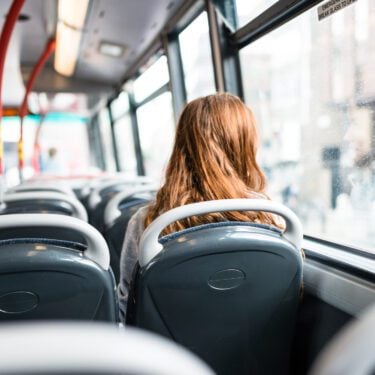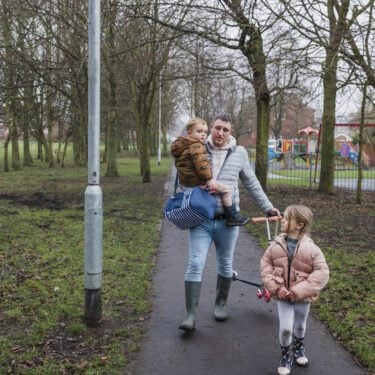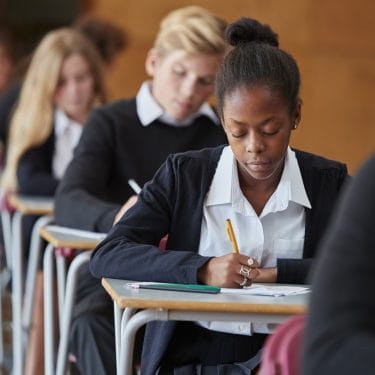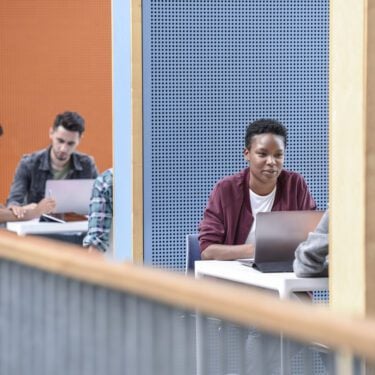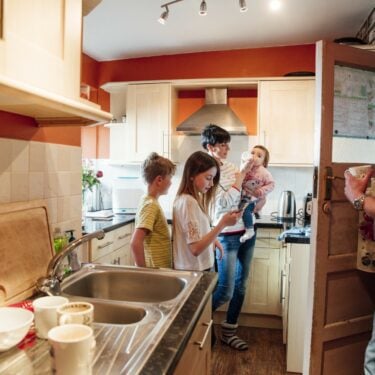
17/02/15
3 min read
Thirty per cent of primary school pupils take part in very few organised sports and activity clubs.
These children live in largely urban lower income families, and are in striking contrast to the other 70% of children many of whom take part in a wide range of activities, from sport and music to extra tuition.
These findings are from a study of out of school activities conducted by NatCen Social Research and Newcastle University and funded by the Nuffield Foundation.
Researchers identified six distinct groups of children according to their engagement in out of school activities. In the largest of these groups, made up of 30 per cent of children, only 51 per cent took part in regular organised sport at age 11 – far lower than all of the other groups. They were also less likely to do most other organised activities, and spent less time on homework.
The number of children participating in organised sport increased with age, but at each age point children in this group were significantly less likely to take part in sport than children in other groups.
Children in this ‘self-directed social’ group had more unstructured social time with friends and were the least likely to take part in more than one out of school activity. They also reported spending less time on homework and were less likely to say they like school ‘a lot’ than children belonging to other groups. This group had a larger proportion of children from disadvantaged backgrounds.
It is not clear what drives the differences between the groups, whether it is values, resources, childcare needs or something else.
The six groups were identified as:
- Self-directed social (30%) – children in this group were least likely to participate in organised activities, but most likely to socialise with their friends.
- Hobbies (26%) – children were physically and musically active. These children were more likely to live in smaller towns and rural areas.
- Granny and sports (19%) – the majority of children in this group had some informal childcare during term-time, usually from a grandparent. The majority of children in this group engaged in an organised sports club.
- Extra-instruction (14%) – children in this group were more likely to have extra tuition in a subject they studied at school. The majority of children in this group took part in regular religious activities. This group was mainly made up of children from Christian and Muslim families.
- Extended school day (8%) – this group is characterised by a large proportion of children attending breakfast and/or after-school clubs.
- Busy and highly structured (5%) – a very high proportion of children in this group had formal childcare, such as a childminder, nanny or au pair, but also had high levels of participation in organised activities.
This report is part of a larger project using the Millennium Cohort Study (MCS) to investigate whether, and how, out of school activities affect primary school children’s attainment. The MCS analysis will be complemented by qualitative school case studies and small group discussions with parents and children to find out more about what drives participation in activities. This will have a particular focus on children from deprived backgrounds.
Dr Emily Tanner, Head of Children, Families & Work research at NatCen commented: “These findings enable us to see how children are spending their time when they are not in school and how this varies for children from different backgrounds. Clearly, poorer children are much less likely to take part in structured activities.”
Prof Liz Todd, Professor of Educational Inclusion at Newcastle University, commented: “The next stage of the analysis, findings of which are due in Summer 2015, will shed new light on how out of school activities influence the academic attainment of disadvantaged pupils, providing invaluable information for policymakers, schools and parents.”
Download the briefing paper: Out of school activities: understanding who does what (PDF)



























